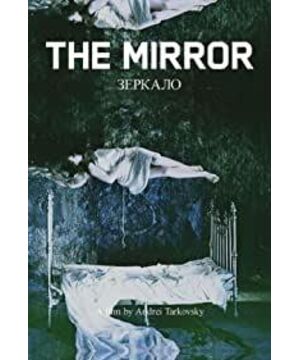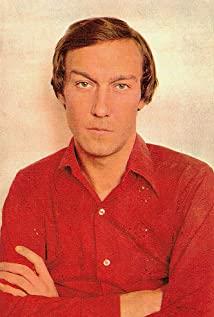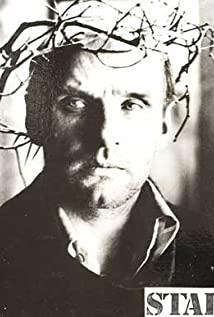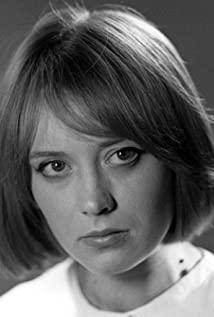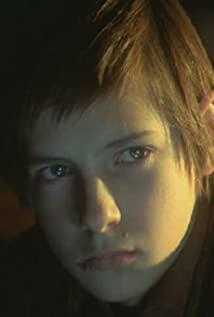Tarkovsky believes that the essence of film lies in its objective authenticity. This authenticity includes not only the objective record of the material world, but also the psychological experience of people in objective life. Because the specific expressions of this experience, such as dreams, memories, fantasy, etc., all have the nature of time, and they are all recorded by time. As long as the dreams and memories presented on the screen are composed of the same natural life forms as ours, then it is possible to reproduce what a person sees in his heart and their dreams and memories. Memories and dreams also have a very large weight in Tarkovsky's film works. Moreover, in his works, dreams and memories retain the mood and atmosphere in a specific state, which makes people feel authentic and credible. Otherwise, if this emotional atmosphere is lost, no matter how precise the memory is, it will not resonate with people.
The memories in the film "Mirror" are full of poetry. The film tells about an artist's childhood experience and growth. In the film, the time span of the story is close to the director’s reality, and the film’s story is roughly the same as the director’s experience. It can be said that this is an autobiographical work. In the film, reality and memory are perfectly combined, and some news documentaries are interspersed, which freely combine personal past and present, dreams and reality. Memories are not only narrative memories, but more importantly, they show the atmosphere of childhood, allowing the audience to feel the mood of the protagonist at that time.
View more about
Mirror reviews


